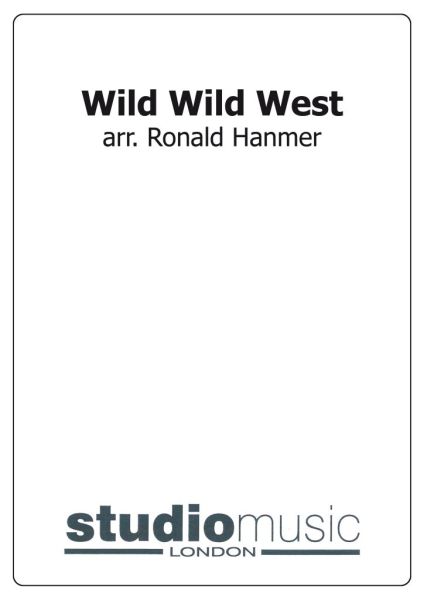We've found 881 matches for your search. Order by
Results
-
 £44.95
£44.95Wild Wild West
Cowboy FantasyIncludes: Skip to my Lou; Black-Eyed Susan; Home on the Range; The Blue-Tailed Fly; The Red River Valley; On Top of Old Smokey; The Streets of Laredo; Big Rock Candy Mountain; The Yellow Rose of Texas.
Estimated dispatch 7-14 working days
